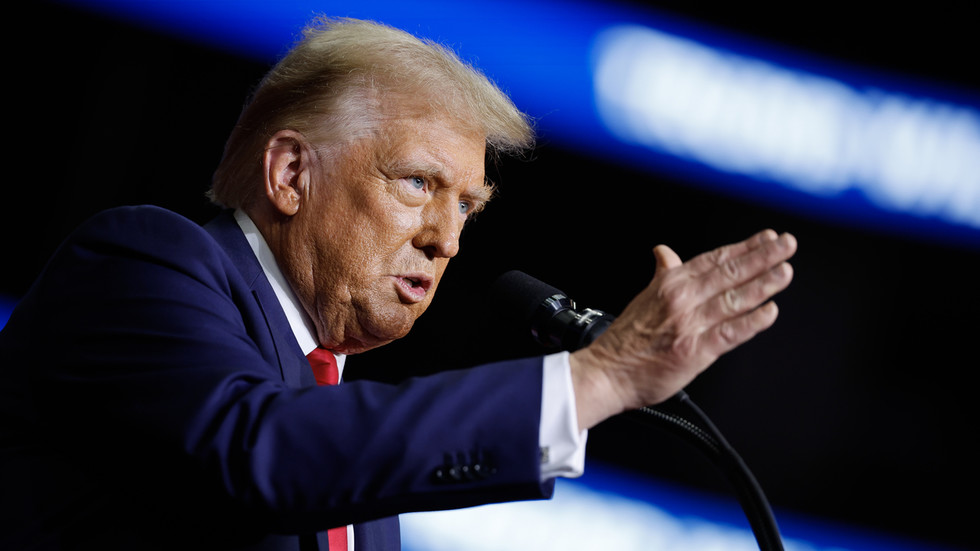US-Russian Citizen Sentenced to 12 Years in Prison for Donating $50 to Pro-Ukraine Charity
A Russian court has sentenced Ksenia Karelina, a 32-year-old US-Russian citizen, to 12 years in prison for “treason” after she allegedly donated $51.80 to a pro-Ukraine charity. Karelina, a ballet dancer and spa worker living in Los Angeles, was detained by police in Yekaterinburg, Russia, in January while visiting family.
The court found Karelina guilty of high treason and sentenced her to 12 years’ imprisonment in a general regime colony. She had pleaded guilty to the charges at a hearing last week, according to state media. The Russian FSB security service accused her of collecting money that was used to purchase tactical medical supplies, equipment, weapons, and ammunition for the Ukrainian armed forces.
Karelina’s employer, the Ciel Spa at the SLS Hotel in Beverly Hills, wrote on Facebook in February that she had been “wrongly accused.” Her partner has also publicly petitioned for her release.
Washington has accused Moscow of arresting its citizens on baseless charges to use them as bargaining chips to secure the release of Russians convicted abroad. Karelina’s sentencing comes just over two weeks after Russia freed US reporter Evan Gershkovich, former US marine Paul Whelan, and 14 others in its biggest prisoner swap with the West since the Cold War.
Karelina was first detained on January 27 while visiting family in Yekaterinburg, almost a month after flying out to Russia, according to a Russian rights group. Russian regional news agency URA.RU reported the charge was related to “swearing in a public place,” an accusation she rejected in court, according to the Mediazona news outlet. FSB officers may have discovered she made the payment to the pro-Ukraine charity on her phone, but it was not clear how, according to Russian media outlets.
Karelina was initially held for 14 days after being detained for “petty hooliganism” but was never released, as authorities charged her with “treason” while she was in custody. Russia often arrests foreigners on minor charges before accusing them of more serious offenses like treason or espionage.
The case has sparked concern over Russia’s treatment of foreign citizens, with many accusing the country of using such arrests as a means of exerting pressure on other governments.



